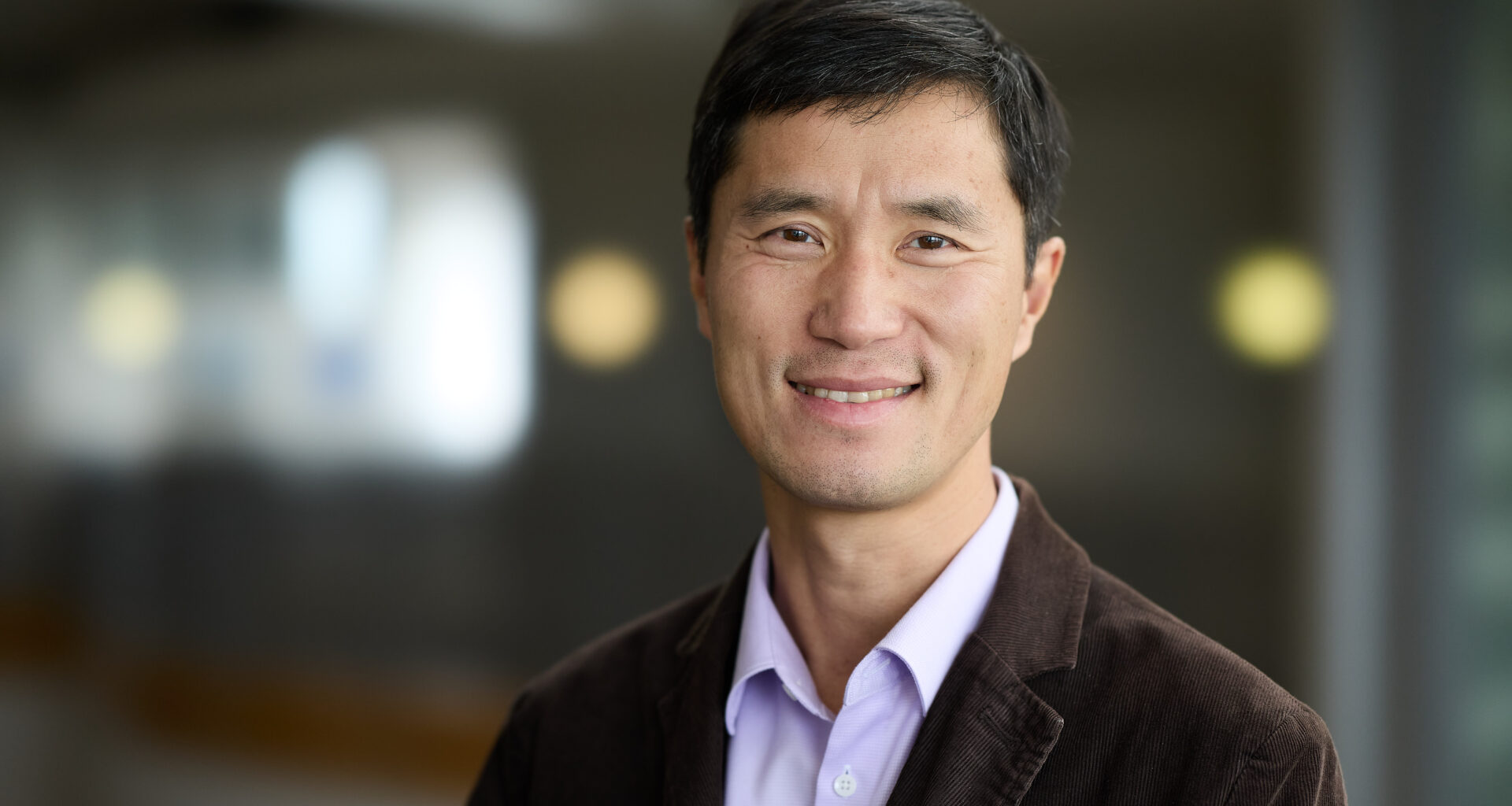NORMAN, OKLA. – A University of Oklahoma scientist is developing new techniques for monitoring radioactivity by combining remote sensing measurements with diffusion modeling to track air pollutants. Feng Xu, a professor in the OU School of Meteorology, is contributing to broader U.S. scientific nuclear nonproliferation efforts by improving models that track the spread of radioactive pollutants.
Xu’s research focuses on how incorporating remote sensing observations can enhance the accuracy and efficiency of pollutant diffusion models.
“We are working to combine measurement techniques and modeling capabilities to improve the accuracy and spatial coverage of tracking nuclear pollutants such as radiocesium and other radionuclides,” said Xu.
Radionuclides are unstable isotopes of elements that emit radiation as they decay. Exposure to high levels of radiation from radionuclides such as radiocesium can cause severe health issues, including burns, radiation sickness and death, according to the U.S. Environmental Protection Agency.
In preliminary studies, Xu and his team examined data from the 2011 Fukushima nuclear accident. “We have seen the value of satellite remote sensing data in constraining estimates of aerosol pollutant deposition through a diffusion model,” said Xu.
They found that inclusion of aerosol remote sensing measurements significantly improved the model’s accuracy, offering higher efficiency and broader coverage at a lower cost.
Building on this work, the OU team is developing an integrated remote sensing instrumentation system to better identify and characterize different types of aerosol particles by their scattering and absorption properties. Their research could also help refine emission-monitoring models and support future nuclear nonproliferation research.
Xu is a member of the Enabling Capabilities in Technology Consortium, led by the University of Tennessee, and supported by the U.S. Department of Energy’s National Nuclear Security Administration Office of Defense Nuclear Nonproliferation. The consortium brings together researchers from 15 universities and eight national laboratories to train the next generation of nuclear security professionals while advancing fundamental research in fields such as earth, environmental, atmospheric and space science, radio and nuclear chemistry and nuclear engineering. Xu’s work is conducted in partnership with the Air Force Institute of Technology (AFIT).
Findings from the research will be incorporated into aerosol science, radiation and remote sensing courses at AFIT and OU, helping to further the consortium’s educational mission.
To learn more about Xu’s work and his Atmospheric Radiation & Remote Sensing Group, visit fengxu.oucreate.com/research.

